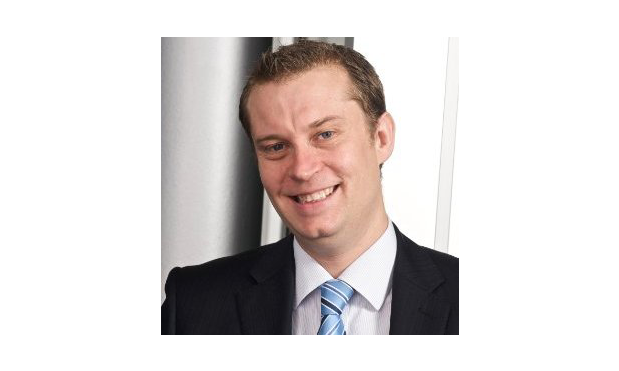 Simon Nolan, Head of Practice Consumer, Page Executive
Simon Nolan, Head of Practice Consumer, Page ExecutiveAs a large, global organisation we do business all over the world, and sitting here on a flight back to Moscow, it made me think over the opportunities and trappings of international expansion in retail and other consumer industries.
Over the last 10 years we have seen the meteoric rise of retail in Russia, and, having recently spent an afternoon at one of the leading malls in Moscow, you can easily see the similarities to the big Shopping Centres of London, New York and Dubai.
However, this international growth is not without its challenges and in the last few months, we have witnessed the large UK retailers New Look and River Island pull out of Russia. Did they underestimate the market challenges or fall out with franchise partners?
Let’s have a look at potential problems:
- The increasingly global nature of consumers and the rise of online shopping means that changing the global perception of a company’s brand around the world is increasingly difficult.
M&S for example have seen their problems seemingly continue in Russia, as much as the UK. It is challenging to adjust your brand positioning and if you are a value or mid-market proposition in your home market, it is very difficult to become “premium” elsewhere.
- The current growing strength of the pound against both the euro and the rouble means that any increases in sales and profitability are quickly offset by declining currency. It also makes it harder to maintain higher operating costs necessary to sustain an overseas operation.
- Local brands will also improve, Russian brands such as Gloria Jeans and Sportsmaster, rapidly accelerated their growth. Being early adopters within their market has given them strong brand position and amazing distribution which is only set to improve.
So who will win?
In Russia, with the exception of a number of global brands, the market is likely to shift to local players; however some of the operational challenges for these companies are high.
Although many have grown extremely quickly over the past five years, the growth in the top line can hide a multitude of operational problems, soon to be uncovered by the increase in competition and the currency challenge.
From our position as head hunters this has brought some interesting problems. It is very easy to find expatriate consultants to identify the challenges in these businesses, but often the difficulty is not identifying the problems. Coming up with a plan to fix the problems and then executing the new plan in an unfamiliar culture and working environment is the greater challenge,
Although the rewards are very high for the genuine leaders capable of this, my experience would suggest that there are very few serious change agents with a track record of consistently delivering this level of improvement.
In Western Markets a revolutionary retail leader may only have to change 25% (or less) of business operational practices to turn it around. Within a fast growth retailer in a developing market operational practices may have to change by 70% or more in an environment when there is not always a large pool of experienced employees. This should not be underestimated.
I believe that a lot of lessons and observations can stand for any developing market the rapidly changing economic climate in Russia has just accelerated this process.
By Simon Nolan, Head of Practice Consumer, Page Executive






